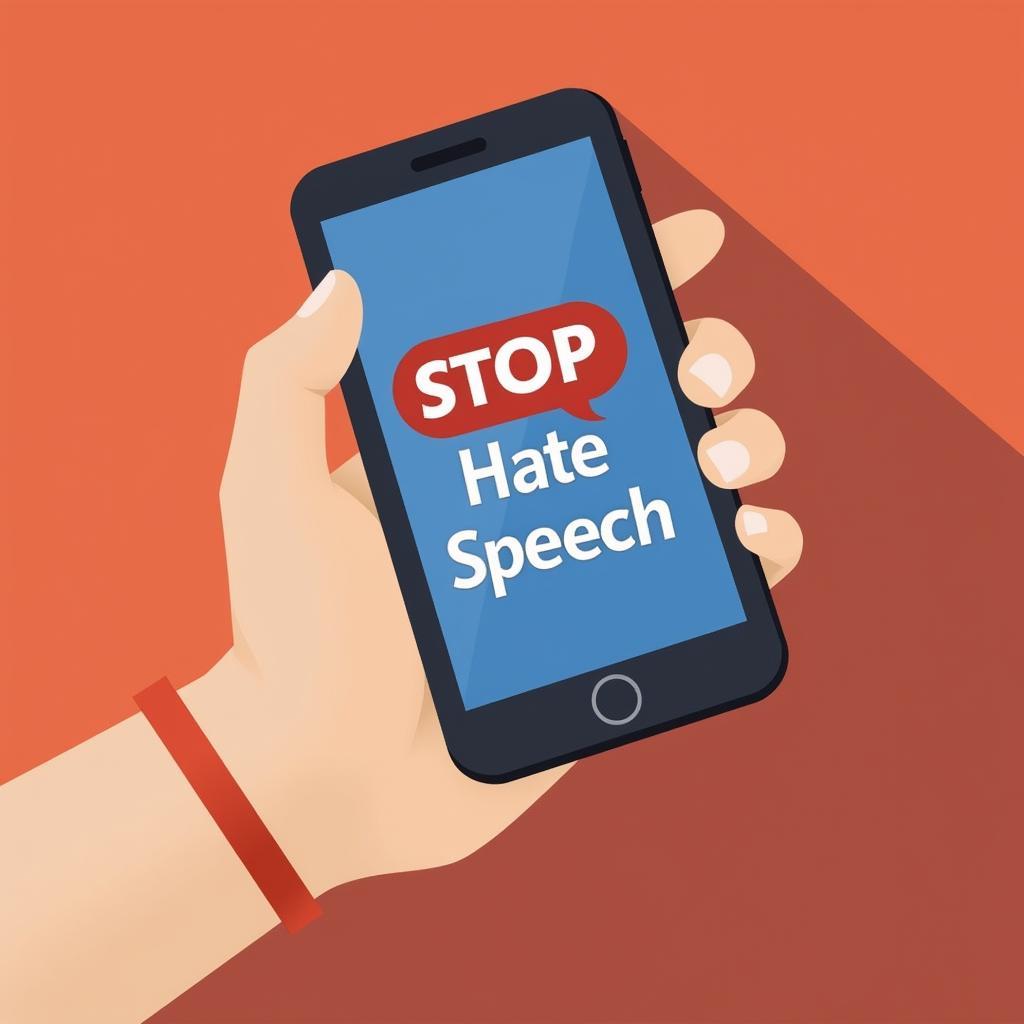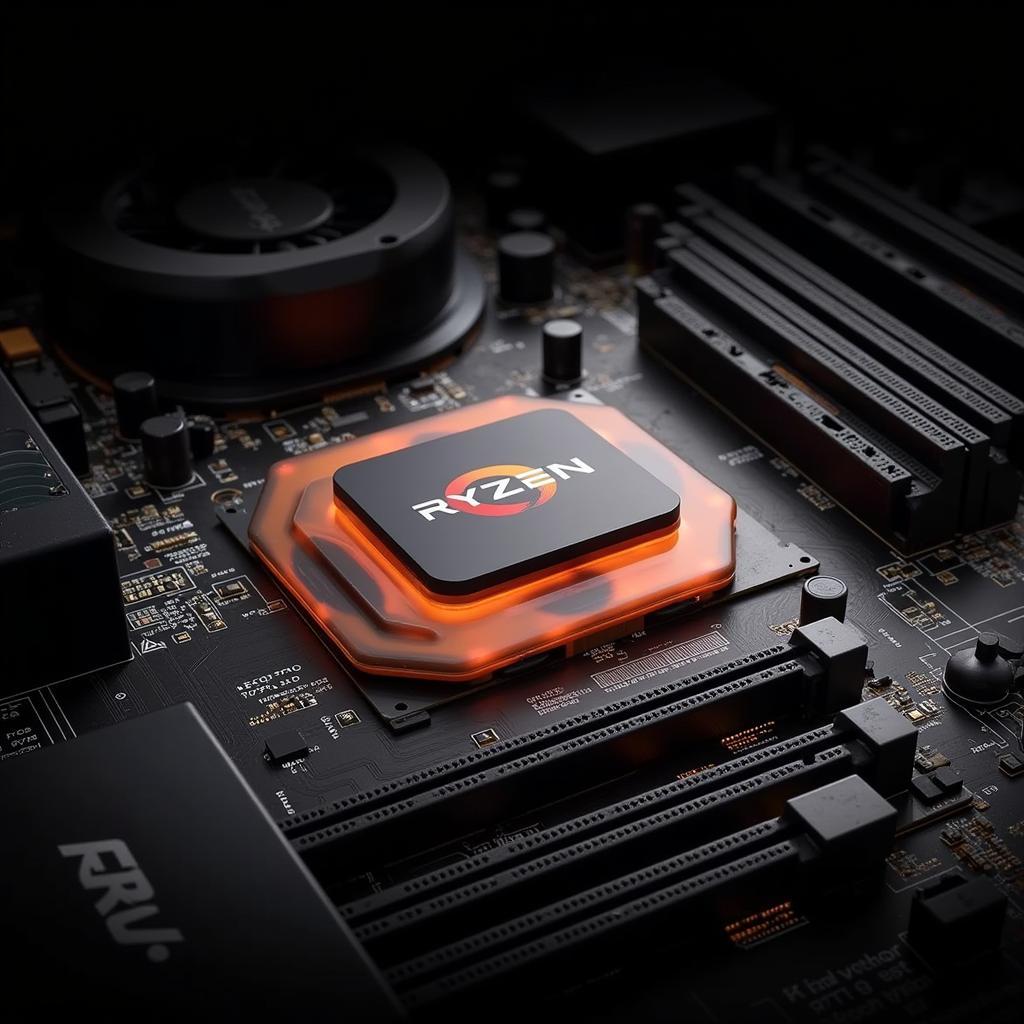The issue of online hate speech, particularly targeting public figures, is a growing concern in today’s digital age. The immense popularity of K-pop group BTS has unfortunately brought with it a wave of both fervent support and, more troublingly, malicious negativity from certain corners of the internet. Recent events involving legal action against individuals identified as “anti-fans” of BTS have brought the issue into sharp focus, raising questions about the boundaries of free speech online and the legal ramifications of hate speech.
What Constitutes Online Hate Speech?
While the term “anti-fan” might seem innocuous on the surface, it often belies a deeper current of online harassment and targeted negativity. But when does criticism cross the line into illegal territory? Generally, online hate speech is defined as any form of communication, including text, images, or videos, that:
- Incites, promotes, or justifies hatred or violence against an individual or group.
- Is based on race, religion, national origin, sexual orientation, gender identity, disability, or other protected characteristics.
- Is intended to intimidate, harass, or threaten an individual or group.
It’s important to note that simply disliking someone or disagreeing with their views does not constitute hate speech.
Legal Action Against Anti-Fans: A Case Study
Recently, Big Hit Entertainment, BTS’s management agency, took legal action against individuals accused of spreading malicious rumors and defamatory content about the group. This action highlights a growing trend of holding online users accountable for their words and actions. While laws vary across jurisdictions, many countries have specific legislation in place to address cyberbullying, defamation, and online harassment.
The Impact of Online Hate Speech on BTS and Their Fans
The constant barrage of negativity from anti-fans can have a significant impact on both BTS and their dedicated fanbase, known as ARMY.
- Emotional Distress: BTS members have been open about the emotional toll that online hate takes on their mental health. Constant exposure to negativity, threats, and personal attacks can lead to anxiety, depression, and other mental health issues.
- Damage to Reputation: Malicious rumors and false information spread by anti-fans can damage BTS’s reputation and public image, potentially impacting their careers and opportunities.
- Division within the Fandom: Anti-fan activity can create division and conflict within the BTS fandom, pitting fans against each other and fostering a toxic online environment.
Protecting Yourself and Others from Online Hate
It’s crucial to remember that online platforms should be spaces for respectful dialogue and engagement, even when disagreements arise. Here are some steps you can take to combat online hate speech:
- Report and Block: Most social media platforms have mechanisms for reporting harassment and blocking users. Utilize these tools to protect yourself and others.
- Document Evidence: If you or someone you know is being targeted, document the harassment by taking screenshots or saving links. This evidence can be useful if you decide to pursue legal action.
- Support Victims: Offer support and encouragement to those affected by online hate. Let them know they are not alone and that their experiences are valid.
 Preventing Online Hate Speech
Preventing Online Hate Speech
Conclusion
The legal action taken against anti-fans of BTS serves as a stark reminder that words have consequences, even in the online world. While freedom of speech is a fundamental right, it’s essential to recognize that this right does not extend to hate speech or harassment. By understanding the legal ramifications of our online actions and fostering a culture of respect and empathy, we can create a safer and more inclusive digital space for everyone.





